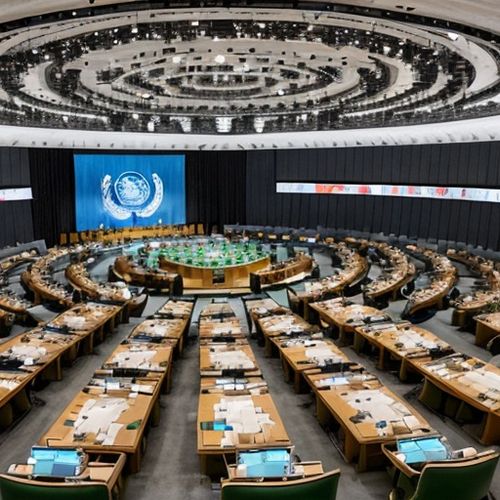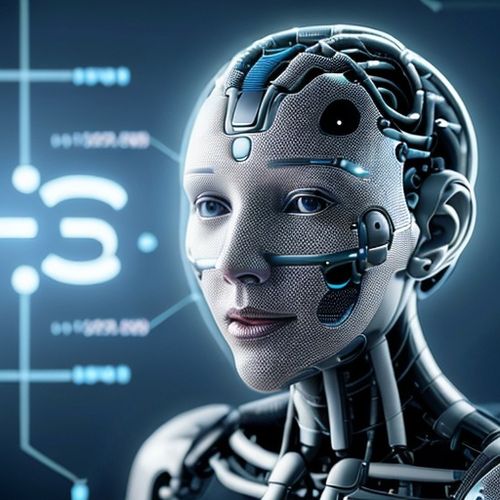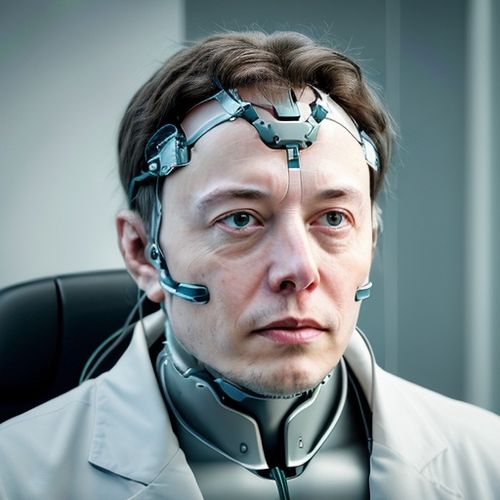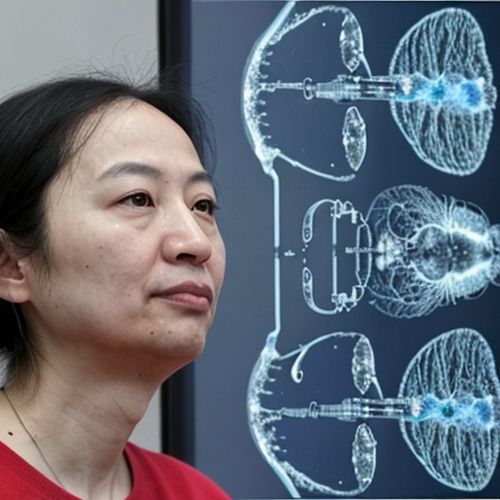The World Health Organization (WHO) has issued a stark warning about the potential consequences of gene-edited babies, cautioning that the practice could trigger a global trend toward "designer humans." The ethical and scientific implications of altering human embryos have sparked intense debate, with experts divided over whether the benefits outweigh the risks. As genetic engineering technologies like CRISPR-Cas9 become more accessible, the possibility of parents selecting traits for their children—such as intelligence, height, or even eye color—has moved from science fiction into the realm of plausible reality.
The rise of gene-editing technologies has been both a scientific breakthrough and a moral quandary. CRISPR, a tool that allows scientists to modify DNA with unprecedented precision, was initially celebrated for its potential to eradicate genetic diseases. However, its misuse could lead to irreversible changes in the human gene pool. The case of Chinese scientist He Jiankui, who claimed to have created the world's first gene-edited babies in 2018, demonstrated how easily ethical boundaries could be crossed. His experiment, widely condemned by the scientific community, raised fears of a slippery slope toward eugenics.
WHO's concerns center on the lack of international regulations governing gene editing in human embryos. While some countries have strict laws prohibiting such experiments, others have vague or nonexistent guidelines. This regulatory vacuum increases the risk of rogue scientists or unregulated clinics offering genetic modifications for non-medical purposes. The organization has called for a global framework to ensure that gene-editing technologies are used responsibly, emphasizing that safety and ethical considerations must take precedence over commercial or experimental ambitions.
The concept of "designer babies" is not new, but advancements in biotechnology have made it a tangible possibility. Parents might soon have the option to eliminate genetic predispositions to diseases, enhance physical abilities, or even select cosmetic traits. While eliminating hereditary illnesses is a noble goal, the idea of enhancing humans for non-essential traits raises profound ethical questions. Critics argue that this could exacerbate social inequalities, creating a divide between those who can afford genetic enhancements and those who cannot.
Another major concern is the long-term impact on human evolution. Modifying embryos introduces changes that can be passed down to future generations, potentially altering the genetic makeup of humanity in unpredictable ways. Unlike medical treatments that affect only the individual, germline editing—changes made to sperm, eggs, or embryos—carries consequences for all descendants. Scientists still do not fully understand the potential side effects or unintended mutations that could arise from such interventions.
The WHO's warning comes at a critical juncture, as several research teams around the world continue to explore the boundaries of gene editing. While some scientists advocate for cautious progress, others warn that the temptation to push limits may prove too great. Without enforceable international standards, the risk of unethical experimentation remains high. The organization has urged governments, researchers, and bioethicists to collaborate on establishing clear boundaries before the technology spirals out of control.
Public opinion on gene-edited babies remains deeply divided. Some view it as a revolutionary step toward eradicating suffering, while others see it as a dangerous path toward playing God. Religious groups, bioethicists, and even some scientists have called for a moratorium on human germline editing until more is known about its implications. The debate touches on fundamental questions about human dignity, the natural order, and the limits of scientific intervention.
As the scientific community grapples with these dilemmas, the WHO's warning serves as a crucial reminder of what is at stake. The prospect of "designer humans" may seem like a distant concern, but the rapid pace of technological advancement means society must confront these issues sooner rather than later. The decisions made today will shape not only the future of medicine but the very essence of what it means to be human.

By Emily Johnson/Apr 10, 2025

By John Smith/Apr 10, 2025

By Christopher Harris/Apr 10, 2025

By Noah Bell/Apr 10, 2025

By Rebecca Stewart/Apr 10, 2025

By Victoria Gonzalez/Apr 10, 2025

By Amanda Phillips/Apr 10, 2025

By Emma Thompson/Apr 10, 2025

By Lily Simpson/Apr 10, 2025

By Emma Thompson/Apr 10, 2025

By Sophia Lewis/Apr 10, 2025

By Rebecca Stewart/Apr 10, 2025

By Noah Bell/Apr 10, 2025

By Sophia Lewis/Apr 10, 2025

By Christopher Harris/Apr 10, 2025

By Eric Ward/Apr 10, 2025

By Daniel Scott/Apr 10, 2025